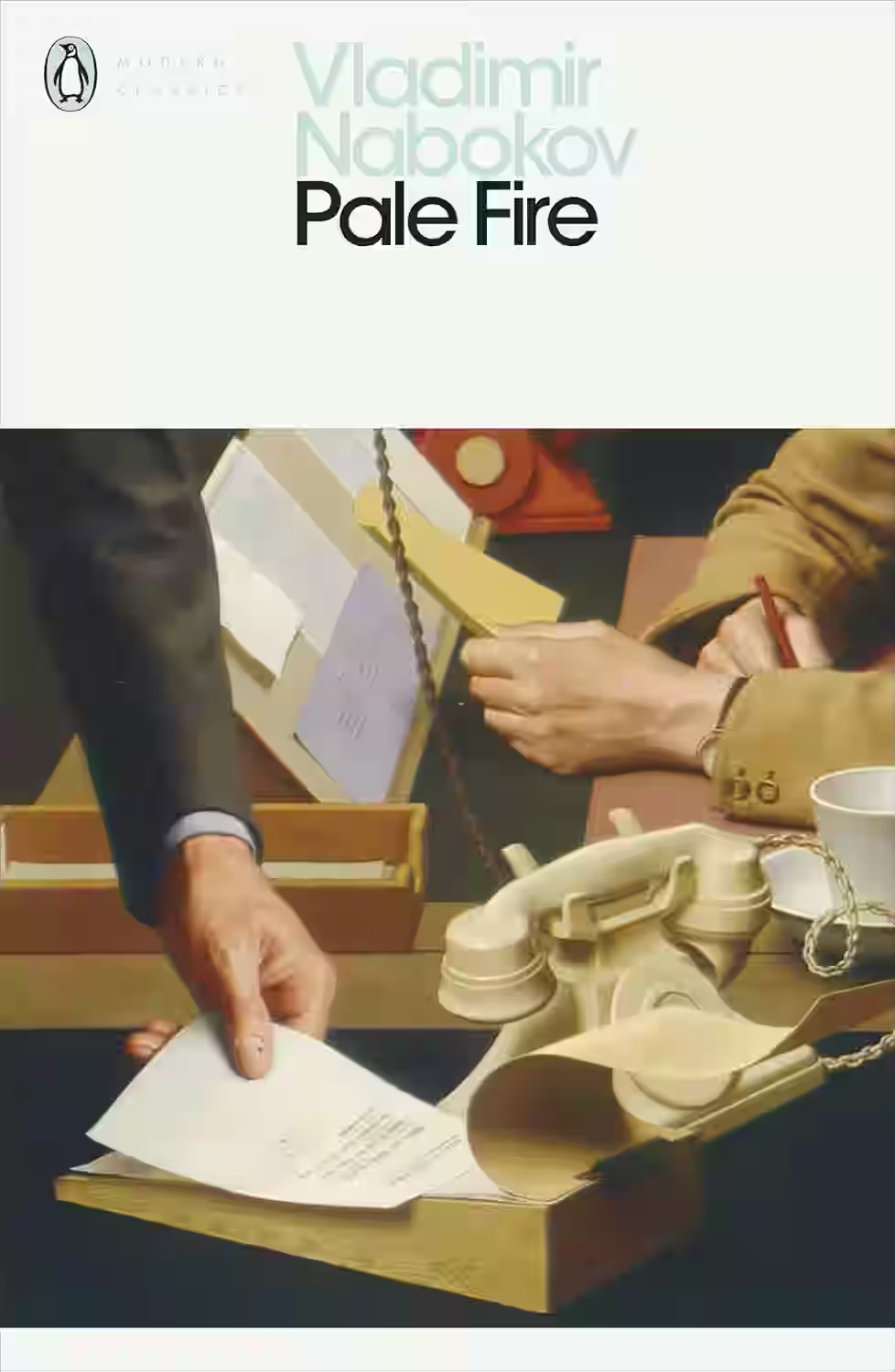Experimental
Experimental books challenge narrative conventions, employing innovative structures, unconventional language, and unique formats to explore abstract themes or evoke complex emotions.

Pale Fire
Vladimir Nabokov's 'Pale Fire' is a brilliantly conceived novel that blurs the lines between poetry and prose, fiction and criticism. At its center is a 999-line poem by the fictional poet John Shade, accompanied by an extensive commentary by his self-appointed editor, Charles Kinbote. The novel masterfully unfolds through Kinbote's verbose footnotes, which reveal his obsession with both the poem and Shade himself. Themes of artifice, madness, and the nature of textual interpretation are explored as Kinbote's commentary becomes increasingly detached from the poem, presenting a narrative of his own deluded reality. 'Pale Fire' is a metafictional masterpiece illustrating Nabokov's genius for linguistic play and deceptive storytelling, challenging readers to discern layers of meaning beneath its complex surface.